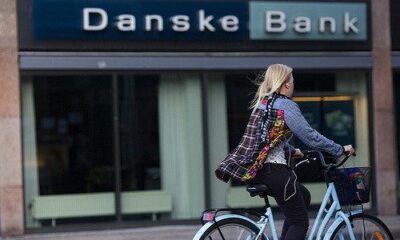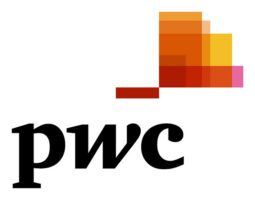

Economy
NTPC To Lead On Brown To Green Bond Financing
Issued this week by Indian Power Giant NTPC Ltd (NTPC), the Green Masala Bond is a international model of ‘brown to green’ financing.
The giant public power utility has issued an INR 20bn (USD 299m) Certified Climate Bond, dual listed on the London Stock Exchange (LSX) and Singapore Exchange (SGX), with the use of proceeds allocated to solar and wind power projects and associated transmission infrastructure in India.
NTPC has achieved a number of firsts with this bond:
· First ever offering from India with both Green features and Masala bond structure
· First Climate Certified Bond by an Indian Public Sector Entity
· First Masala Bond by an Indian Public Sector entity
Climate Bonds Initiative CEO Sean Kidney:
“NTCP is providing a lead in brown to green financing, harnessing the strength of its existing balance sheet to fund expansion of clean energy generation.”
We need to see this model of financing for clean energy adopted and replicated again and again by the large fossil fuel companies.
“There is tremendous depth in the balance sheets of global energy. NTCP is rated as the 56th largest energy company in the world. How fast could we accelerate the low carbon energy transition if more top 100 energy companies issued green bonds against their brown assets to fund clean energy generation and infrastructure?”
“Institutional investors, the large pension funds, asset managers and insurers are looking to the global energy companies to shift their business models towards new growth opportunities in clean energy. Issuance of green bonds against their existing asset base would signal to these investors that energy company balance sheets were being geared towards long term, low carbon, value creation.”
Receiving orders of over INR 29bn, the Certified Climate Bond attracted an oversubscription ratio of 1.45, with a strong response from high quality investors enabling NTPC to upsize the issue size from their original target amount of INR 10bn (USD 150m). The investor uptake was split between 80% Asset Managers, Insurers & SWFs, 15% to Banks, and 5% to Private Banks. Demand was strongest in Asia at 70% and 30% in the EU and Middle East.
Axis Bank, MUFG, HSBC and Standard Chartered Bank were the joint book-runners and lead managers for the transaction.


 Features11 months ago
Features11 months agoEco-Friendly Cryptocurrencies: Sustainable Investment Choices

 Energy11 months ago
Energy11 months agoThe Growing Role of Solar Panels in Ireland’s Energy Future

 Energy10 months ago
Energy10 months agoGrowth of Solar Power in Dublin: A Sustainable Revolution

 Energy10 months ago
Energy10 months agoRenewable Energy Adoption Can Combat Climate Change




























